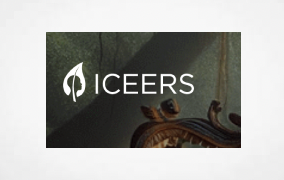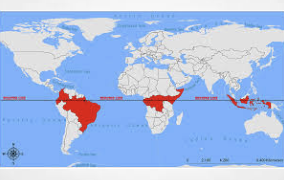The legal framework surrounding ayahuasca in Portugal is complex and nuanced. It reflects a broader global conversation occurring on the intersection of traditional practices, religious freedom, and drug policy. The history of ayahuasca in the country has been influenced by globalization, migration, and evolving attitudes toward psychedelics and alternative forms of healing. A recently published, comprehensive legal opinion, authored by Ana Sofia Machado Ferreira, Francisco Quelhas Lima, and Armando Rocha thoroughly examines the legal framework surrounding ayahuasca in Portugal and discusses its implications for religious and ceremonial contexts.
Drug Policy in Portugal
Portugal embraced a transformative shift in drug policy in 2001 when the possession of drugs for personal consumption transitioned from a criminal offense to an administrative one. Law 30/2000 adopted a health-centered approach to decriminalization, aiming to strike a balance between safeguarding the well-being of substance users and addressing public health concerns. Individuals found in possession of small amounts of any drug may be mandated to undergo evaluation by local drug addiction commissions to determine appropriate interventions.
This shift resulted in a policy of tolerance toward drug consumption while maintaining strict regulations on drug trafficking and possession exceeding small amounts. These regulations are also open to legal interpretation, considering factors such as the individual’s intent, the quantity of the substances involved, and personal history.
Ayahuasca’s Status: Legal Confusion
While Portugal has a progressive drug policy, the legal status of ayahuasca remains ambiguous and has been a subject of debate and uncertainty. This stems from the complex legal classification of the ayahuasca brew, which contains DMT, a controlled substance in many countries- including Portugal.
Regarding international law, the status of ayahuasca is not explicitly defined under the Convention on Psychotropic Substances (1971), leaving it up to national governments to determine control measures. Ayahuasca is not explicitly prohibited in Portugal. But DMT is considered illegal under Decree Law 15/93, with penalties ranging from fines to imprisonment for violations. The presence of DMT in the ayahuasca brew remains regulated under Portuguese drug laws, with potential legal repercussions for possession, importation, or distribution.
However, the consumption of substances listed in Portugal’s Decree-Law no. 15/93 is not considered criminal if the quantity falls below what is required for an individual’s average consumption over a 10-day period. While DMT is mentioned in the law, the analysis in the Legal Opinion on the Status of Ayahuasca in the Portuguese Legal System suggests that the brew and its ingredients are not explicitly regulated. This interpretation is in line with international treaties governing psychotropic substances, none of which include ayahuasca.
The Question of Religious Freedom
Ayahuasca within a religious context is safeguarded by freedom of religion provisions in Portugal, which prohibit broad restrictions that would infringe upon constitutional and international human rights standards. However, the legal status of ayahuasca within the framework of religious freedom law is subject to interpretation. Law 16 of 2001 delineates the conditions for recognizing religious communities, yet the classification of ayahuasca as a sacrament is a legal gray area. Portuguese authorities have been inconsistent in their approach, frequently categorizing ayahuasca as prohibited solely based on the presence of DMT. This stance lacks legal basis and leaves room for challenge.
Read full article


















